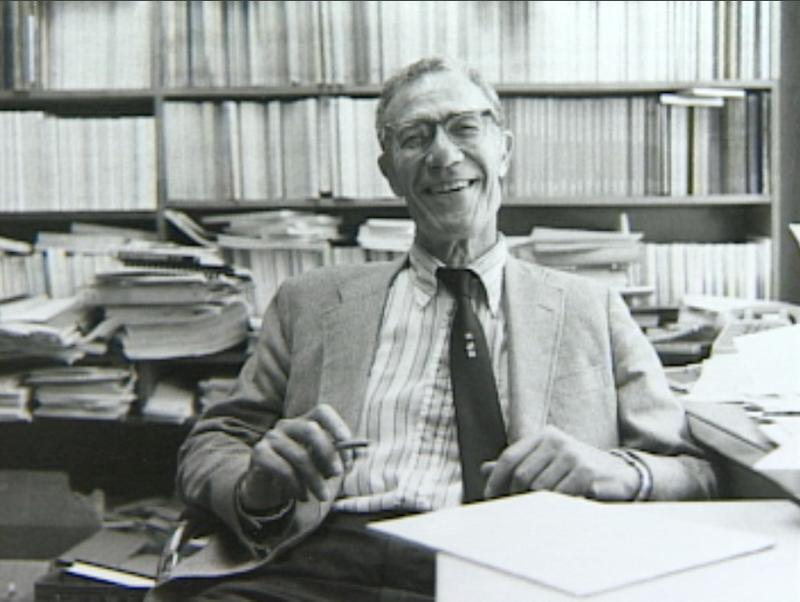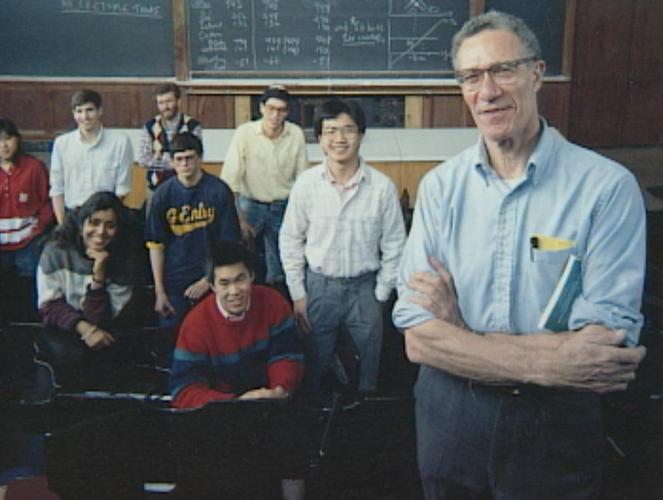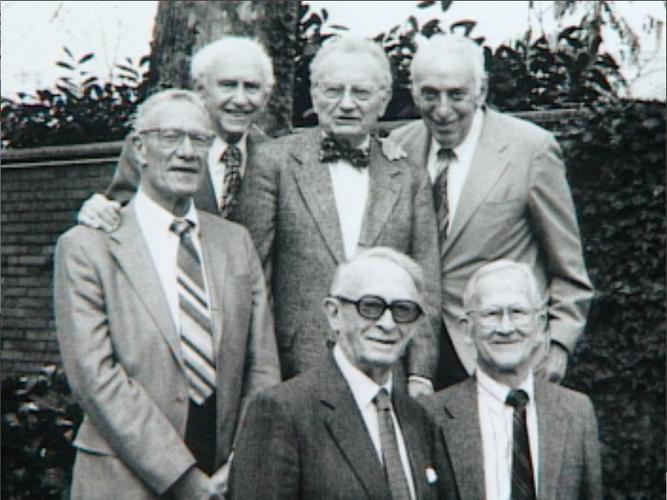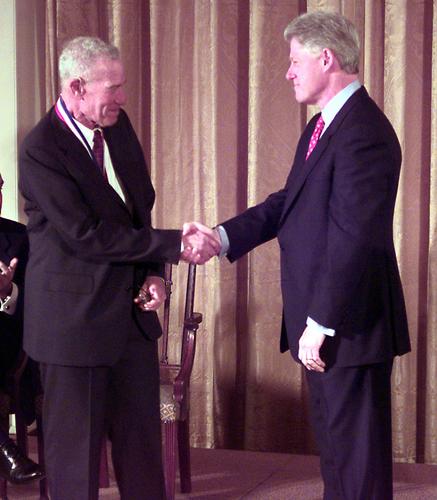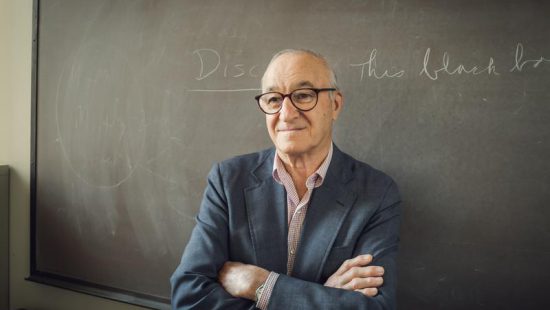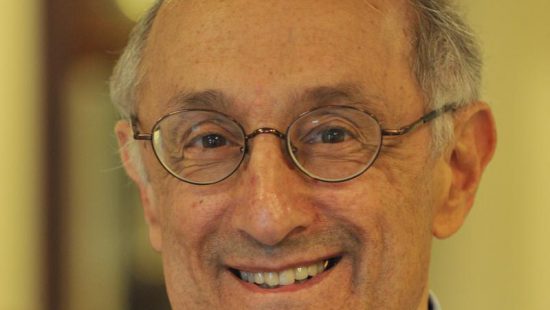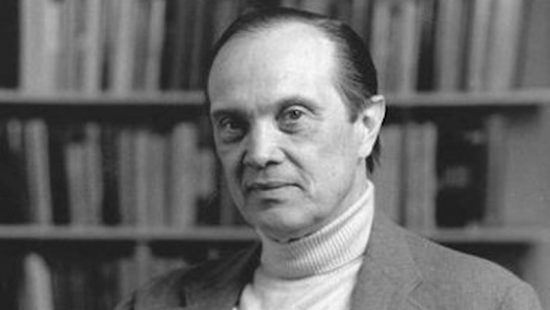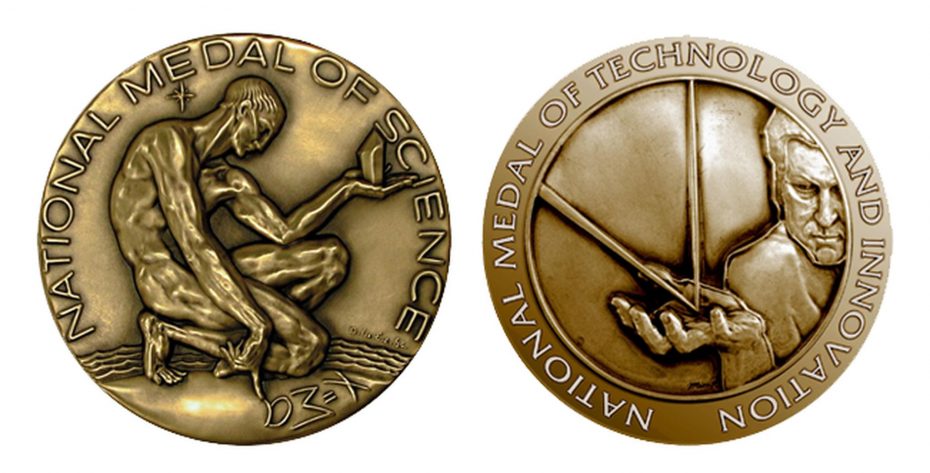Economist Robert M. Solow grew up during a time when the global economy had hit an all time low, which we know today as the Great Depression. Solow once said that growing up during this time made him curious about how society worked. This inquisitiveness would be formative towards his studies in economics, and ultimately, in developing major theories that economists still use today and have also served as the foundation for other theories.
In the 1950s, Solow changed the scope of economic growth, disproving traditional economic standpoints. He created, along with Trevor Swan, a mathematical model that demonstrated that technological advances boost economic growth more quickly than an increase in labor and acquisition of capital, two resources previously thought to shoulder more than half of economic growth.
About thirty years later, the economy reoriented its goals more towards technological progress, leading to the widespread availability of electronics like personal computers, video games, and cable television. Not only did this shift lead to the development of modern technology, but it was also foundational to the emergence of the new growth theory, which claims that the human pursuit of productivity and innovation is key to building economic growth.
By Kristen Brida

